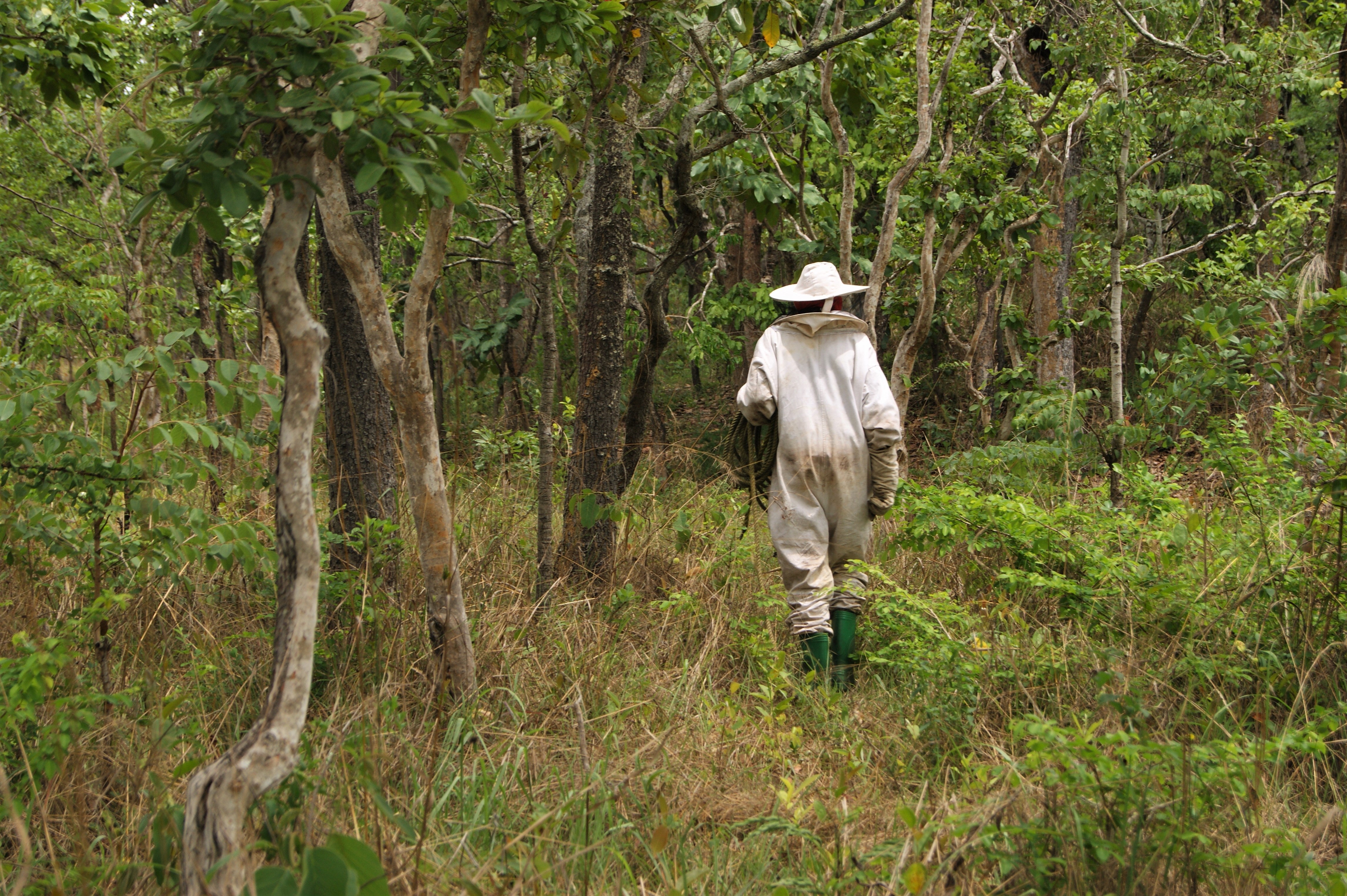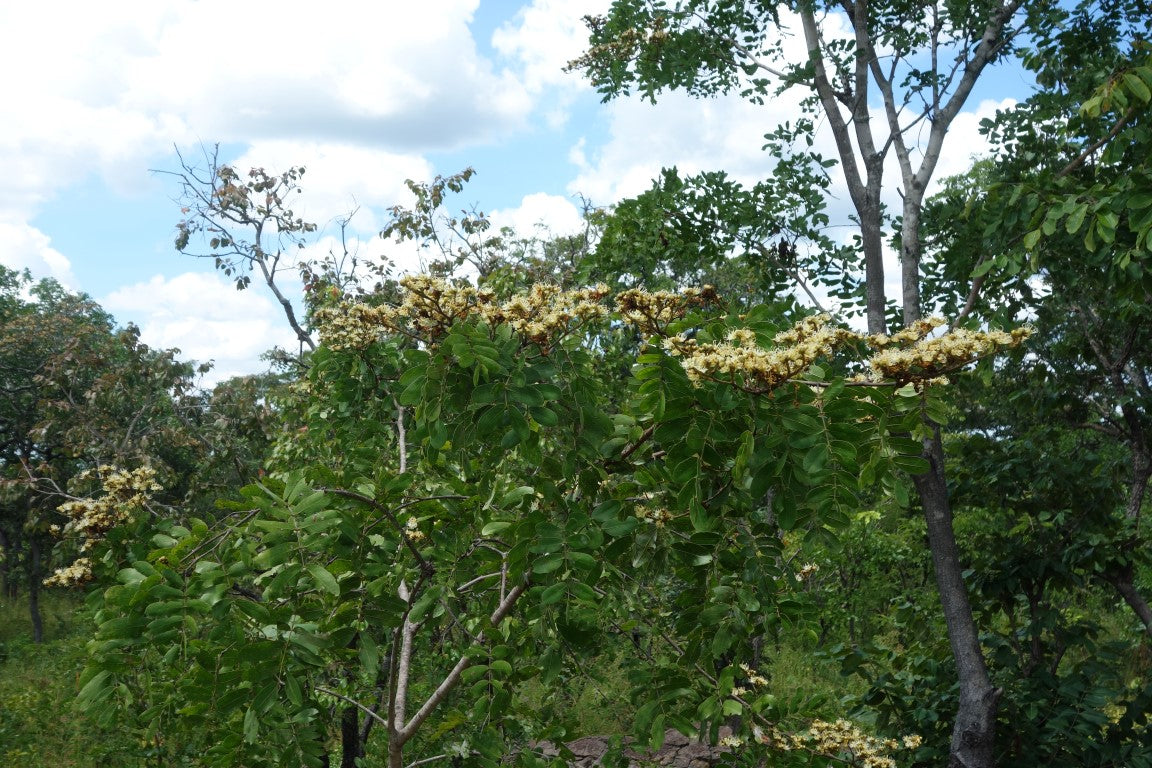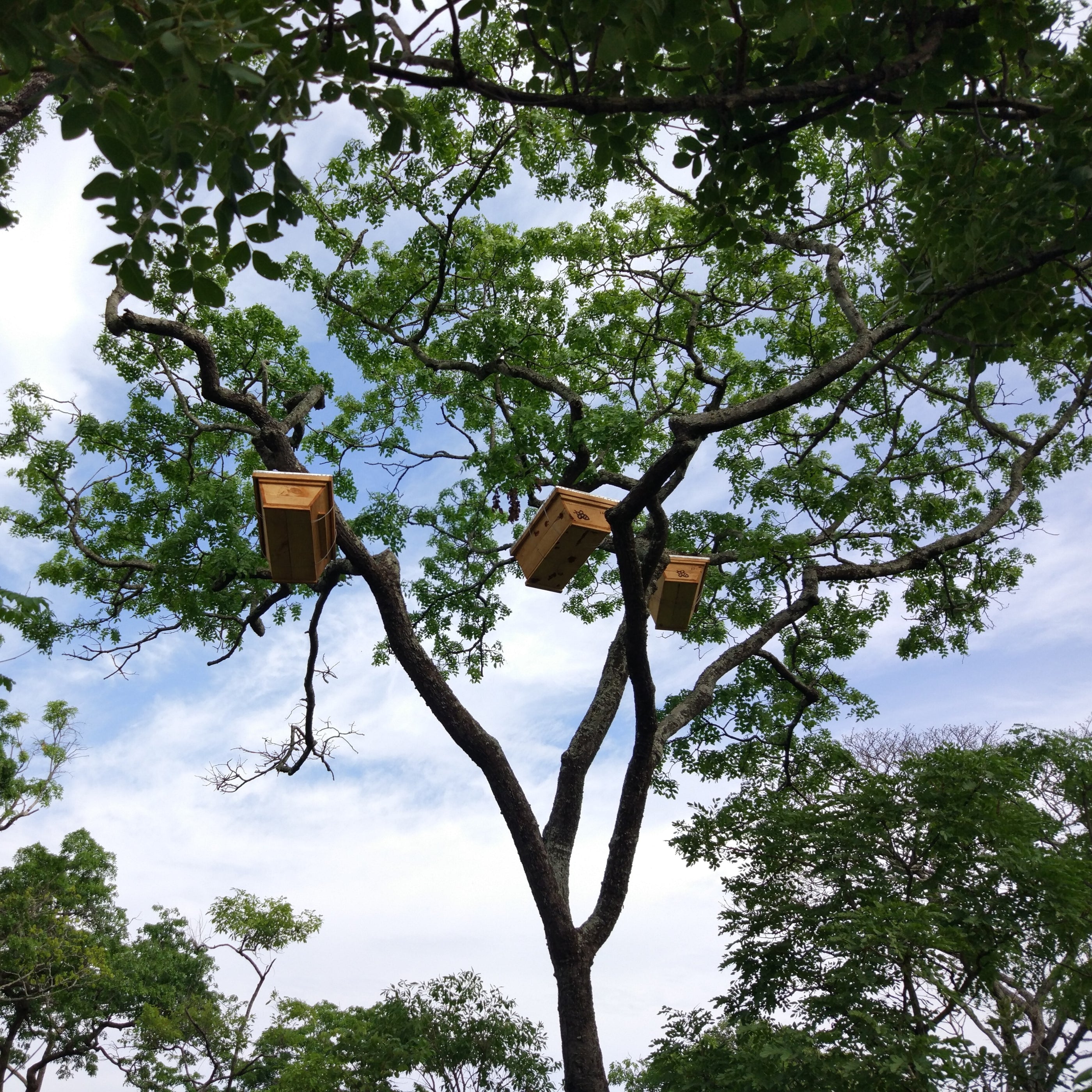
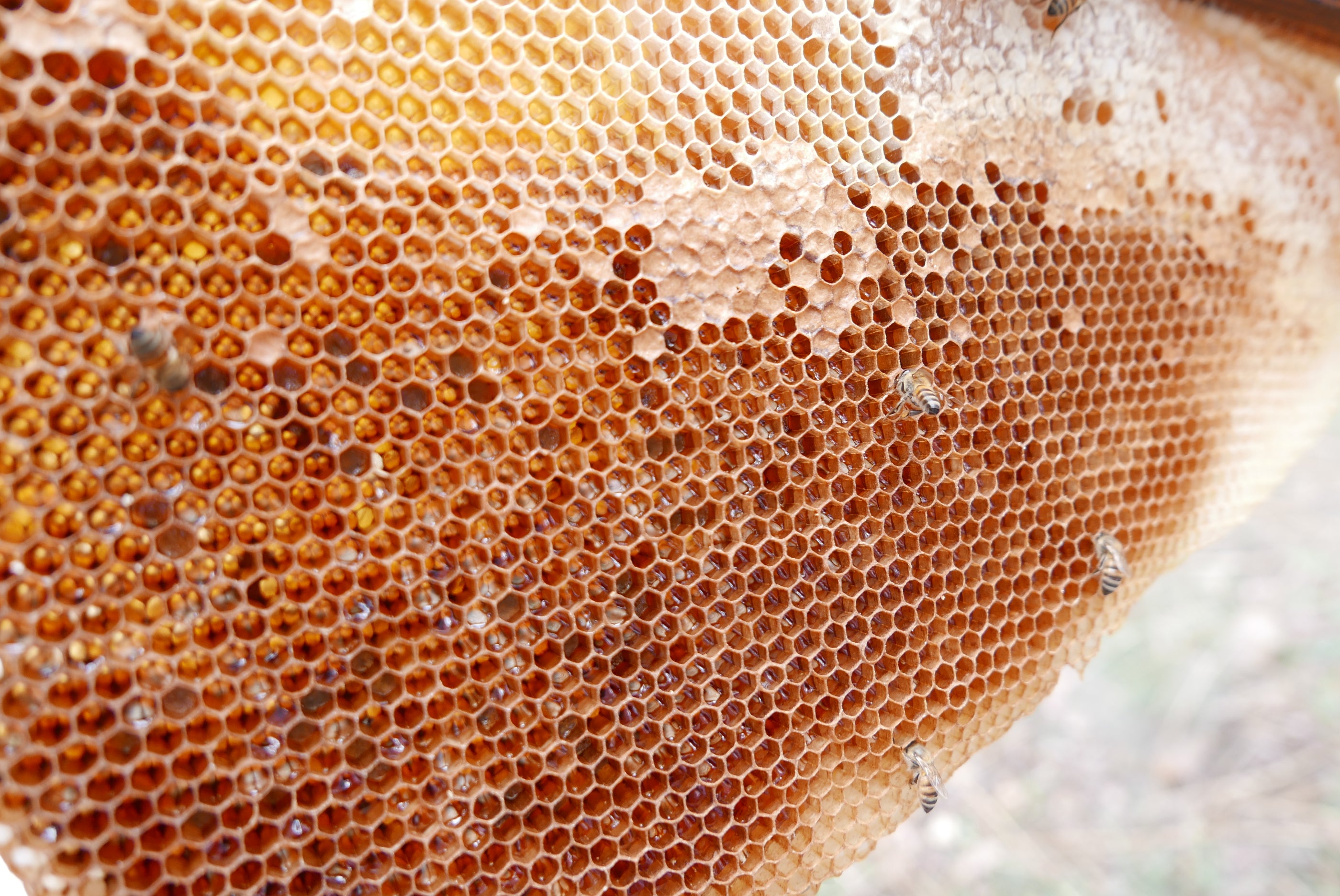
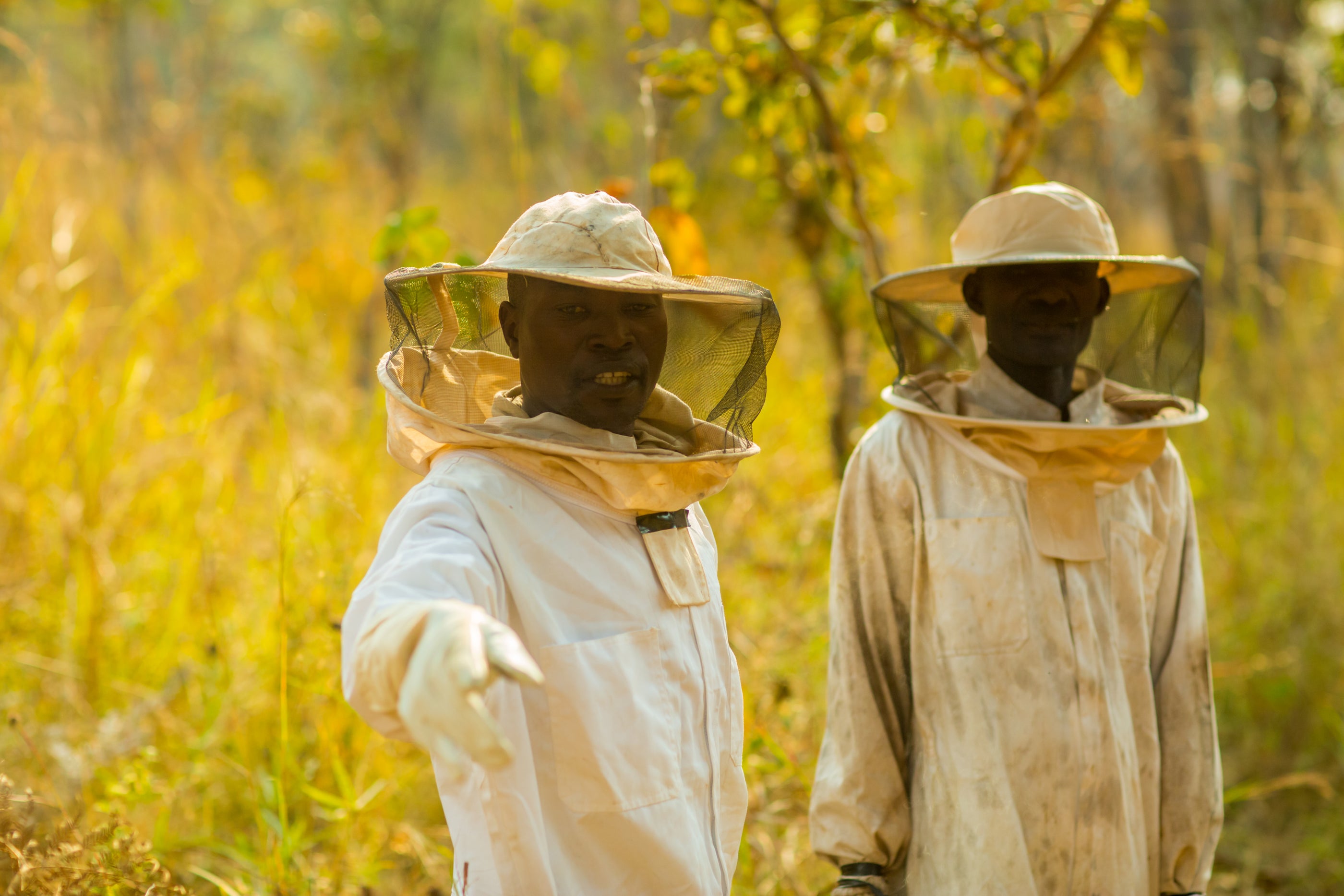
This collaboration with Dr. Jane Goodall and the Jane Goodall Institute began with a simple idea: that honey could help protect forests. In the Miombo woodlands of Western Tanzania—a vast, fragile ecosystem home to extraordinary biodiversity and some of the world’s last wild chimpanzees—local beekeepers harvest raw, unfiltered honeys from log hives high in the treetops.
Each jar carries the flavor of more than two dozen flowering plants, producing honeys that are complex, layered and unlike anything else. But more importantly, the project supports rural communities, creating livelihoods that depend on keeping the woodlands—and the species within them—alive and thriving.
For Jane Goodall, who began her groundbreaking chimpanzee research nearby at Gombe in 1960, this project represents a new way forward: connecting everyday rituals like sweetening tea or drizzling honey on toast with global conservation and community resilience. By choosing this honey, you’re helping sustain an ecosystem, empower its people and honor Dr. Goodall’s enduring legacy.
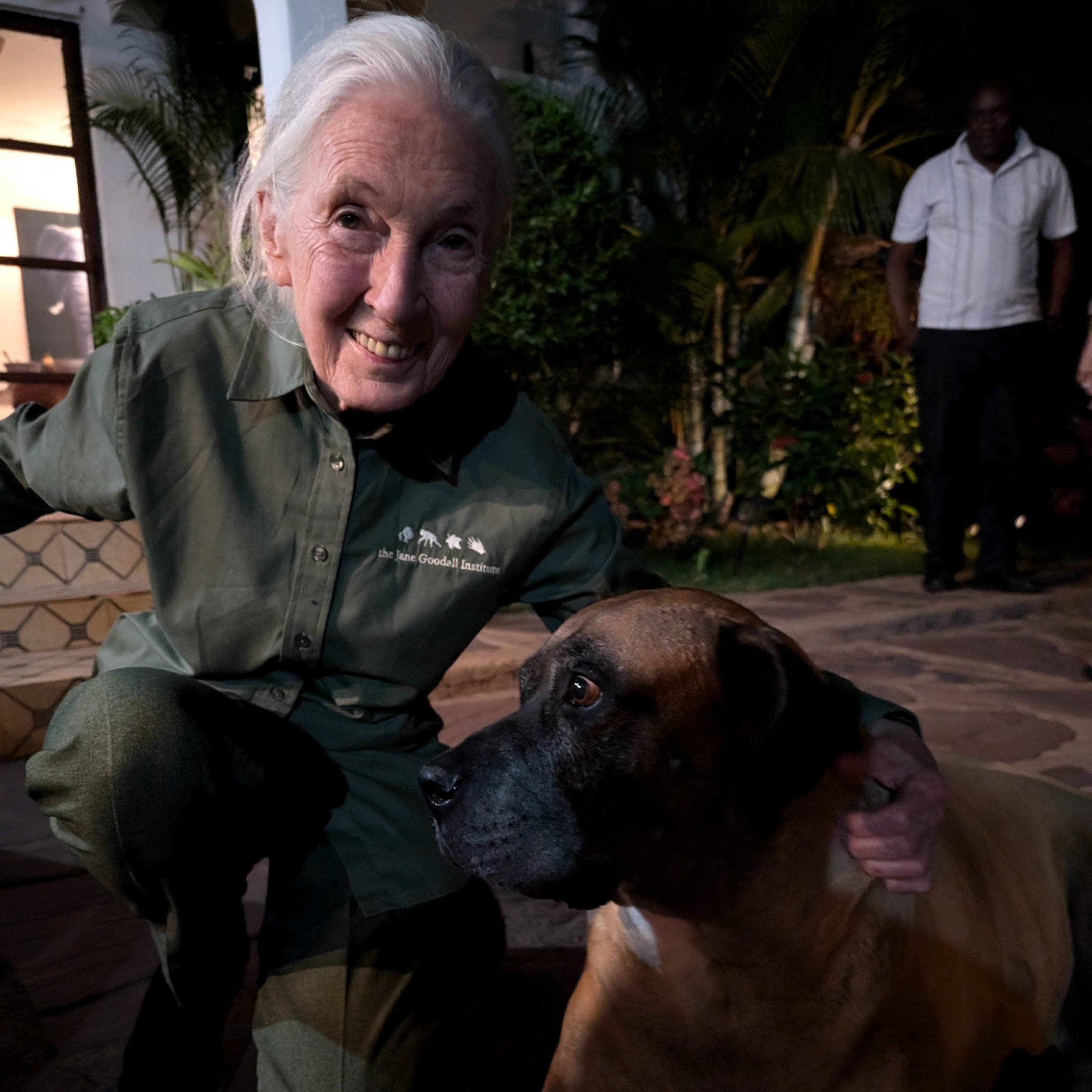
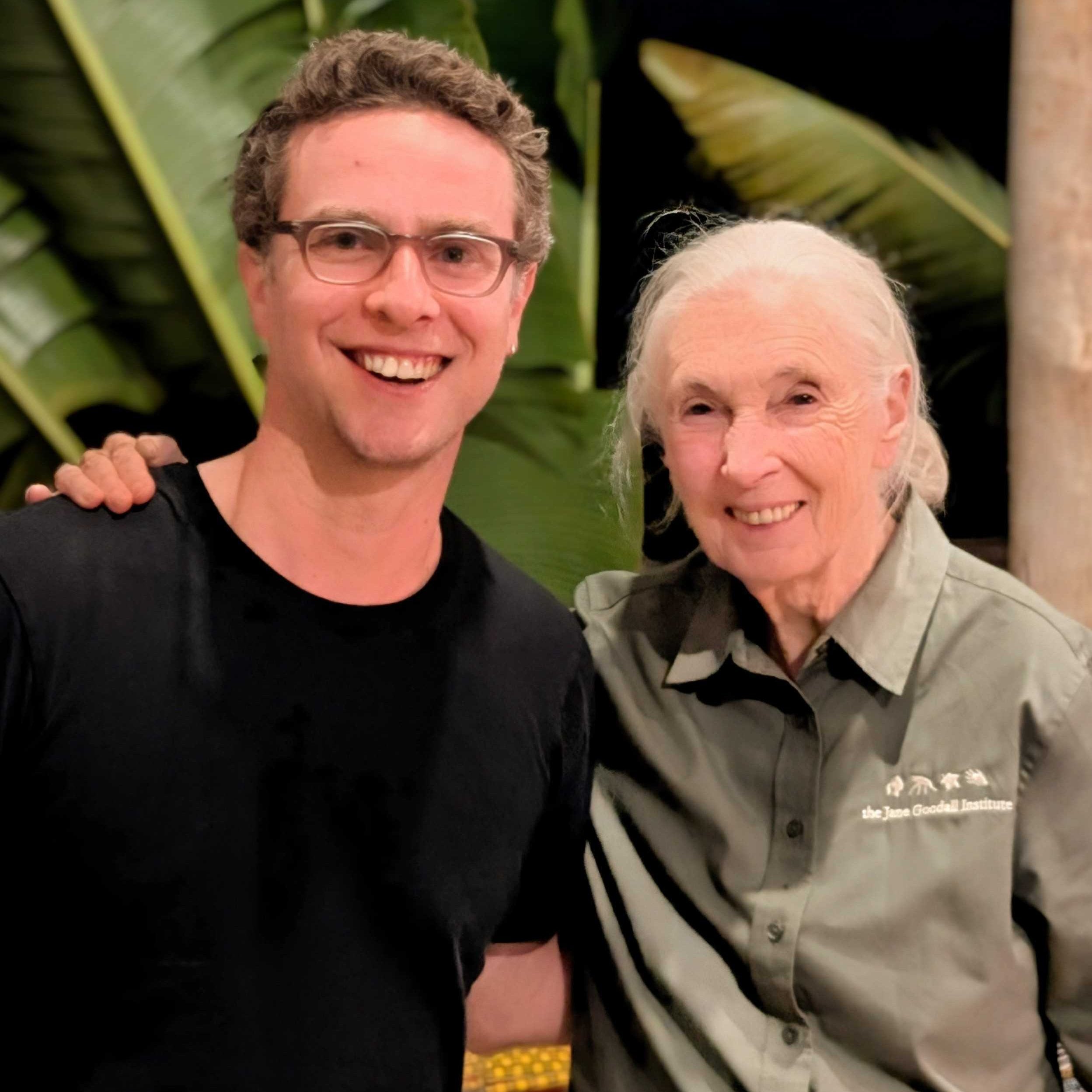
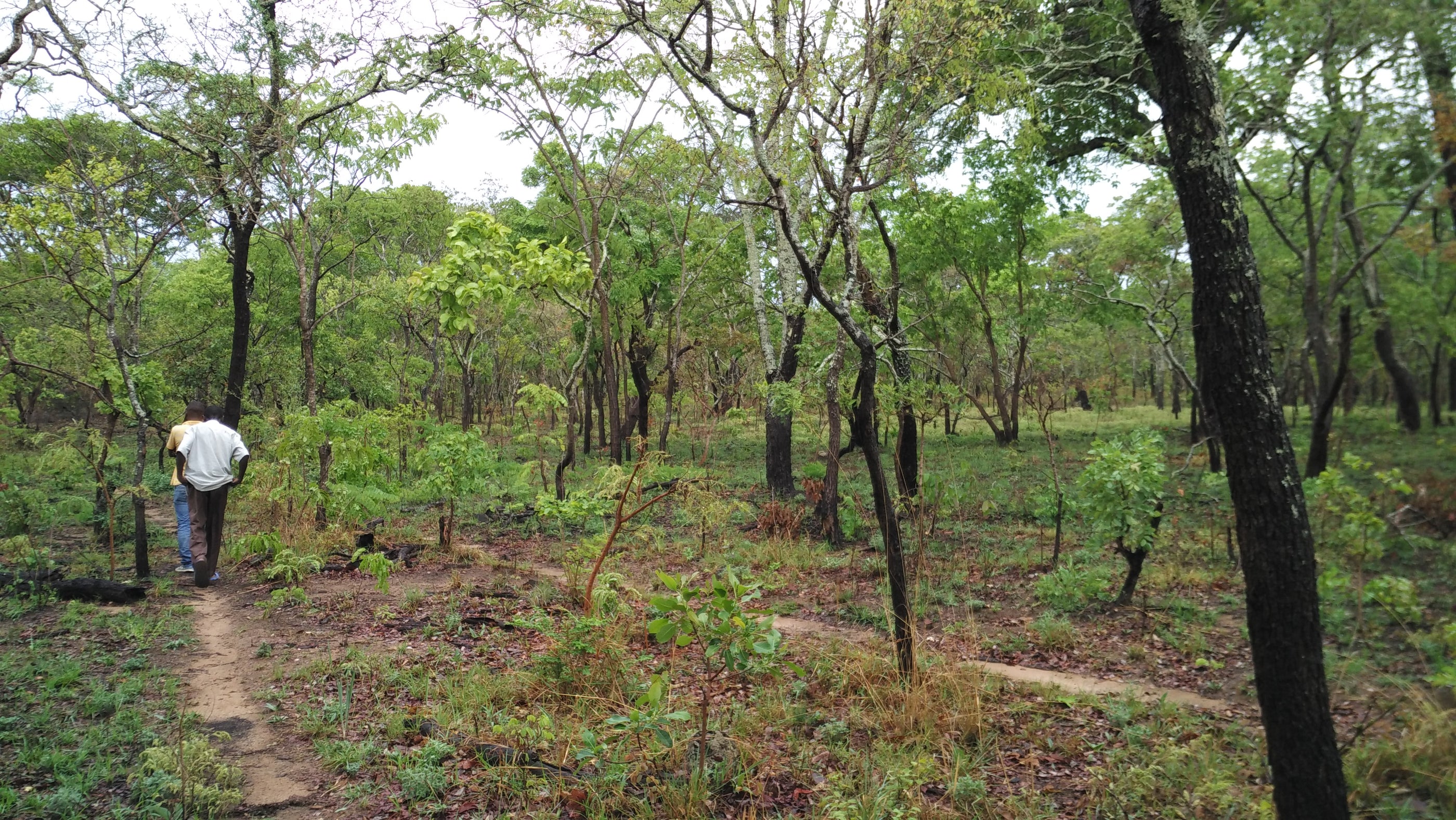
in the beginning...
The Jane Goodall Institute partnered with Upendo Honey, a social enterprise collecting rich, complex honey from the Miombo woodlands — a vast ecosystem one-third the size of the United States, home to extraordinary biodiversity and some of the last remaining wild chimpanzees.
Harvested from log hives high in the treetops, the honey carries pollen from 28 different flowering plants and is surprisingly potent. Amber is malty and floral, Dark is tart and tannic and Smoked has a gentle, woodsy flavor from the smoke used to calm the bees during harvest.
These fragile woodlands are under threat, but honey offers a solution: by sustainably managing wild hives, local communities can earn a living while protecting the ecosystem. The success of this project depends on all of us. Our Woodland Honey initiative represents a new style of advocacy — a delicious, one-of-a-kind product that helps protect the Miombo woodlands and the people and wildlife who call them home.
Last year, we visited Jane’s home twice. On the first trip, co-founders Ethan and Ori and director of operations, Jake toured the beehives and collection sites, shared meals with Upendo and the Jane Goodall Institute team and visited Jane’s longtime home in Gombe National Park. A few months later, when Jane was passing through on her way back to Gombe — where she had first arrived in 1960 at age 26 with her mother, beginning work that would transform humanity’s understanding of ourselves — Ethan flew to meet her. In Kigoma, on the shores of Lake Tanganyika, he shared a meal and talked honey with her. With Jane’s blessing, our partnership became a reality.
ready for a taste of wild honey?
Discover wild honeys from the Miombo woodlands — supporting forests and communities.

